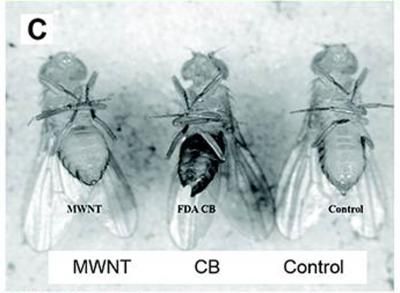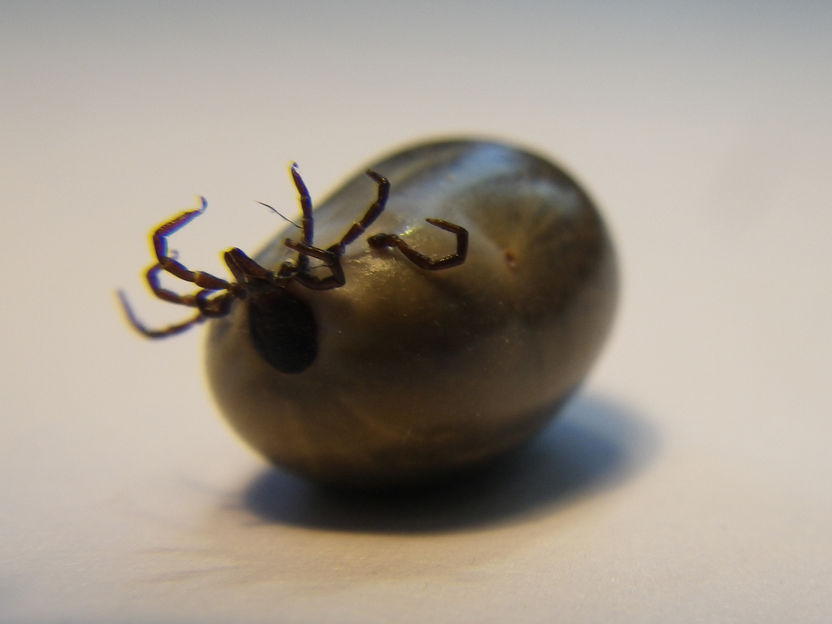Opioid receptor gene variations associated with neonatal abstinence syndrome severity
A study led by researchers at Boston Medical Center (BMC) indicates that variations in opioid receptor genes are associated with more severe neonatal abstinence syndrome (NAS) in newborn babies. The findings, published in Drug & Alcohol Dependence, could help lead to the development of individualized treatment plans tailored to each infants' risk of requiring medication to curb their NAS symptoms, which could help improve these patients' outcomes and reduce how long some stay in the hospital.
NAS is present in newborn babies who have been exposed to opioids during pregnancy. While some infants require no medication to curb their symptoms after they are born, others may require two or more medications and weeks of hospitalization before they can be discharged. Nearly one in five women in the US now take an opioid medication at some point during their pregnancy, both by prescription and illicit opioids, which has contributed to a tripling in the rate of NAS over the past decade.
"In adults, we know that at least 50 percent of one's risk for opioid dependence is genetic, which is why it would make sense that infants respond differently to opioid medication exposure," said Elisha Wachman, MD, a neonatologist at BMC and who served as the study's lead author.
The researchers urge, however, that further large-sample testing is needed before this genetic testing can be incorporated into clinical practice.
"A combination of clinical and genetic factors are likely responsible for the variability we see among infants with NAS," said Wachman, who also is an assistant professor of pediatrics at Boston University School of Medicine. "Once additional key clinical and genetic factors are identified, infants who are determined to have a low risk of requiring medication can be sent home without prolonged monitoring, and those who are predicted to have a difficult clinical course can be started on more aggressive treatment earlier, which will lead to shorter hospitalizations and improved outcomes."
Organizations
Other news from the department science

Get the life science industry in your inbox
By submitting this form you agree that LUMITOS AG will send you the newsletter(s) selected above by email. Your data will not be passed on to third parties. Your data will be stored and processed in accordance with our data protection regulations. LUMITOS may contact you by email for the purpose of advertising or market and opinion surveys. You can revoke your consent at any time without giving reasons to LUMITOS AG, Ernst-Augustin-Str. 2, 12489 Berlin, Germany or by e-mail at revoke@lumitos.com with effect for the future. In addition, each email contains a link to unsubscribe from the corresponding newsletter.



















































